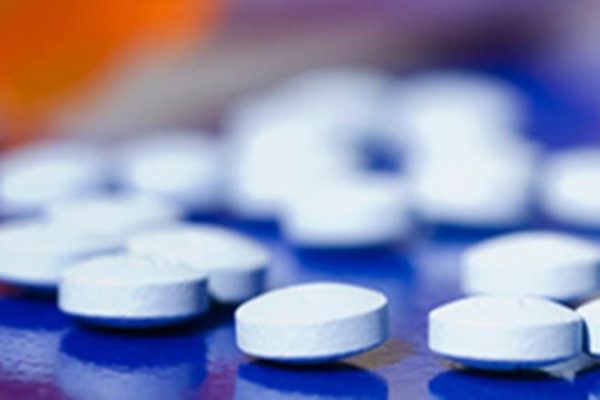Glenmark announces encore data from treatment in development for moderate-to-severe AD
Data on Glenmark Pharmaceuticals’ GBR 830, a First-in-Class, Investigational, Anti-OX40 Monoclonal Antibody in development for the treatment of moderate-to-severe Atopic Dermatitis, to be presented at the Fall Clinical Dermatology conference
Glenmark Pharmaceuticals, a global pharmaceutical company, recently announced that encore data
from a Phase 2a, proof-of-concept study of GBR 830, an investigational treatment in development for moderate-to-severe atopic dermatitis (AD), will be presented at the Fall Clinical Dermatology Conference in Las Vegas.
The poster, GBR 830 induces progressive and sustained improvements in atopic dermatitis skin biomarkers and clinical parameters, describes findings from this exploratory study, including evaluation of safety and the effect of the investigational drug on AD biomarkers, and provides the first clinical evidence of biological activity.
“Presentation of these data from a Phase 2a study of our lead biologic candidate, GBR 830, along with detailed ex vivo studies that elucidate its mechanism, is part of our continued commitment to further analyze and characterize the unique profile and activity of this potential treatment for atopic dermatitis,” said Mahboob Rahman, President and Chief Medical Officer at Glenmark Pharmaceuticals.
“We look forward to sharing further updates in the future, as the current and ongoing Phase 2b trial of GBR 830 progresses,” he added.
The Phase 2a study randomised patients to receive two repeated doses of GBR 830 or placebo and assessed response at Day 29 and Day 71. In the Biological Activity Set of 40 patients (GBR 830 n=29; placebo n=11) who underwent lesional skin biopsy before and after treatment, GBR 830-treated patients exhibited a significant reduction from baseline in certain disease-related biomarker signatures compared to placebo.
In the intent-to-treat population of all randomised subjects (GBR 830 n=46; placebo n=16), GBR 830-treated patients demonstrated a greater percentage change in Eczema Area and Severity Index 50 (EASI) versus placebo at Day 29 (44 per cent vs.23.0 per cent) and Day 71 (78 per cent vs. 38 per cent). GBR 830-treated patients also demonstrated greater percentage change in EASI from baseline through Day 71 compared with placebo. In the study, GBR 830 was safe and well-tolerated. The most common treatment-emergent adverse events were headache and atopic dermatitis, with no meaningful differences observed between GBR 830- and placebo-treated patients (13 per cent vs 25 per cent, respectively; and 13 per cent vs 12.5 per cent, respectively).
Based on these results, the Phase 2b OXFORAD study, OX40 FOR Atopic Dermatitis, was initiated in June 2018 and is ongoing.
In addition, a second poster entitled, Targeting OX40 with GBR 830, an OX40 antagonist, inhibits T cell-mediated pathological response, is being presented at the meeting. The poster describes data suggesting that GBR 830 has immunomodulatory capabilities in memory/chronic T helper cell-mediated pathological responses with no impact on primary antibody responses.



Comments are closed.